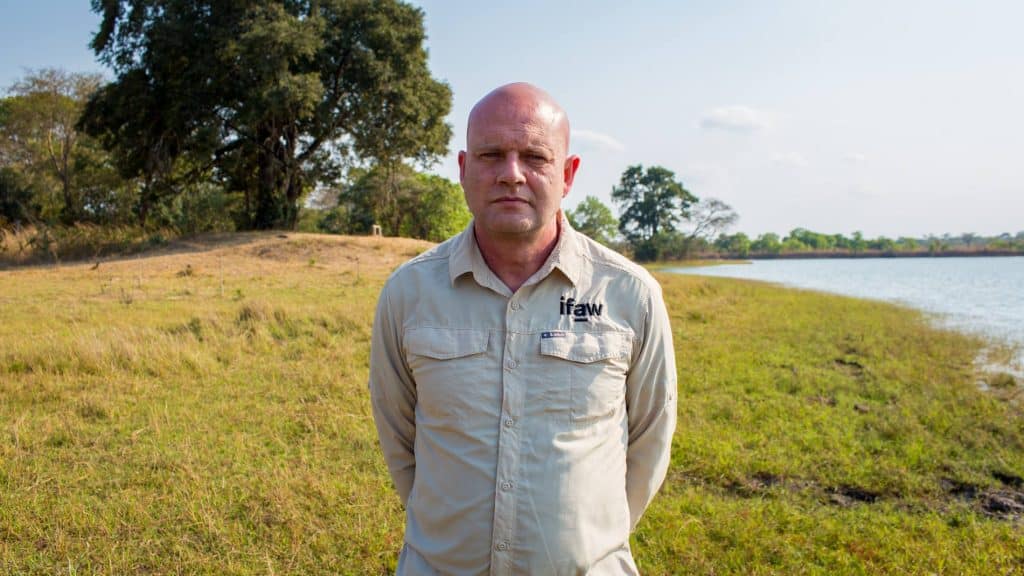AFRIK 21: How is the Zimbabwe Elephant Nursery (ZEN) doing?
Neil Greenwood: Things are going very well. A number of calves have recently been transferred from the nursery to the release centre as part of their rehabilitation and release plan.
AFRIK 21: The young pachyderms, seven in all, were transferred on 1 June 2023 from Harare to a release reserve near Victoria Falls in western Zimbabwe. A journey of 1100 kilometres. We can imagine that the logistics required for such an operation must be considerable. What is the budget for such an operation?
Neil Greenwood: Rehabilitating elephants is an expensive exercise. The annual operating budget for such a process, i.e. the safe reintroduction of these elephants, from their rescue to their release back into the wild, varies between 850,000 and 950,000 US dollars a year.
AFRIK 21: What difficulties do you encounter during these elephant calf rehabilitation operations?
Neil Greenwood: One of the most complex problems is the fact that elephants are highly social animals that need to be integrated into a group environment to ensure their well-being and development. Elephants learn the behaviour patterns of other members of the group as well as the subtleties of necessary social behaviour. Rescued baby elephants are prone to stress-related illnesses, so it is essential to stabilise them and integrate them into the group structure.
AFRIK 21: How do you manage human-wildlife conflicts at ZEN?
Neil Greenwood: Close collaboration with the surrounding communities is essential in managing human-elephant conflict (HEC). All elephants that go through the rehabilitation process receive specialist care to avoid habituation. Wherever possible, elephants are collared during the release phase, allowing the team to monitor movements and ensure that elephants are not in close proximity to humans. To date, there have been no incidents of HEC with the elephants at ZEN, indicating that management during the rehabilitation and release phases is proving effective in mitigating HEC.
AFRIK 21: Why did you focus ZEN’s activities on orphaned elephant calves, rather than all poached elephants?
Neil Greenwood: The orphans that come to ZEN are the result of poaching, HEC and other human-related incidents. ZEN does not focus solely on elephant calves from one source, such as poaching, but rather on the care and rehabilitation of all elephant calves that have been affected by human actions that have compromised their welfare and conservation. Adult elephants that are victims of poaching and other mechanisms that have resulted in injury are generally treated in situ, as it is both dangerous and impossible to bring adult elephants into a controlled environment such as a rehabilitation centre. These elephants are treated in the field to treat gunshot wounds or remove traps, after which they are immediately released.
Interview by Boris Ngounou
